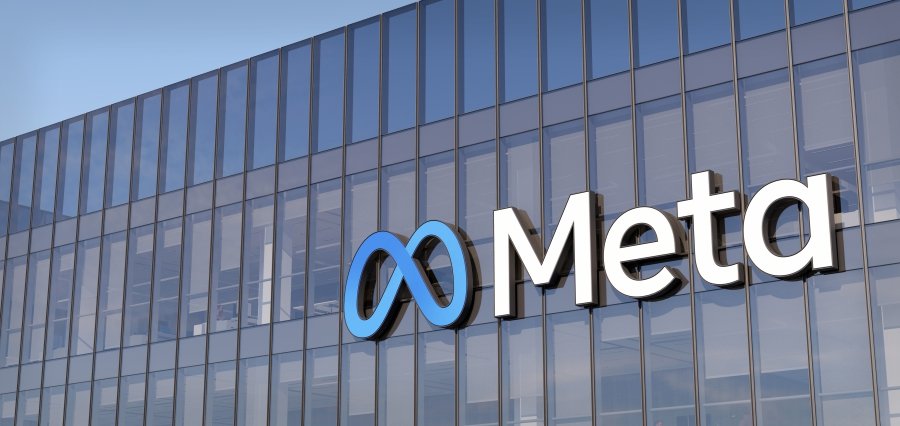Prime Highlights
- American chip bans to China have resulted in abrupt dips in semiconductor stocks.
- Big industry players such as Nvidia, AMD, Micron, and Broadcom take huge financial hits.
Key Facts
- Nvidia predicts a loss of $5.5 billion in sales through suspended H20 chip shipments to China.
- AMD anticipates a blow of up to $800 million due to restrictions on its MI308 processors.
Key Background
The recent moves by the U.S. government to enhance export controls have left profound scars on the international semiconductor market. Aiming at cutting-edge AI chips, the new curbs aim to starve China of key technologies, fueling the fierce tech war between the two superpowers.
Nvidia’s H20 AI processor and AMD’s MI308, both redesigned to meet former U.S. export controls, can no longer be shipped to China except by special license. The surprise move comes as Washington seeks to bar China from receiving technology that could give it a lead in artificial intelligence and high-performance computing on national security grounds.
The stock response was swift and brutal. Nvidia’s shares fell 6.3%, erasing over $160 billion in market capitalization. AMD fell 6.6%, and other semiconductor giants such as Broadcom and Micron also fell. The PHLX Semiconductor Index fell about 4%, which represented broad investor concern across the board.
Beyond U.S. shores, the impact echoed throughout the world. Foreign suppliers’ shares like Samsung, SK Hynix, and ASML fell, proving the chip supply chain highly intertwined. The push for regulations reveals the frailty of global chipmakers as they get drawn into geopolitics.
While analysts acknowledge the short-term losses, most are guardedly optimistic about ultimate recovery. AI-driven demand, especially from U.S.-based cloud computing companies, keeps growing. But firms now have to deal with increasingly more complex regulatory conditions while still innovating and expanding.
Such trends tell a bigger world story—one where business tech and national interest are converging increasingly. With semiconductors, rapid responsiveness to changes in policy conditions is now part of its competitive advantage.
Read Also : US Tariffs on Auto Parts Raise Concerns for North American Industry
















